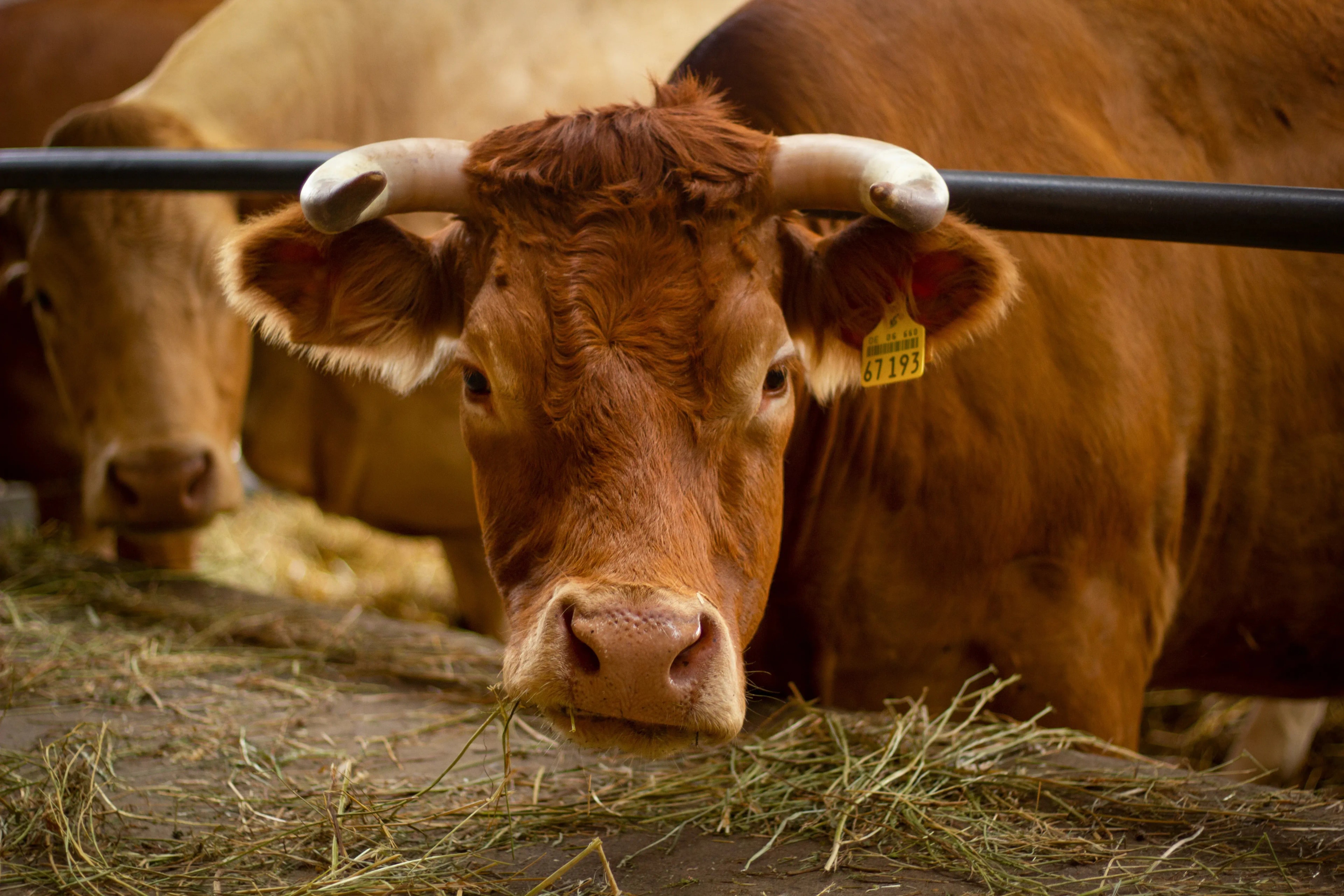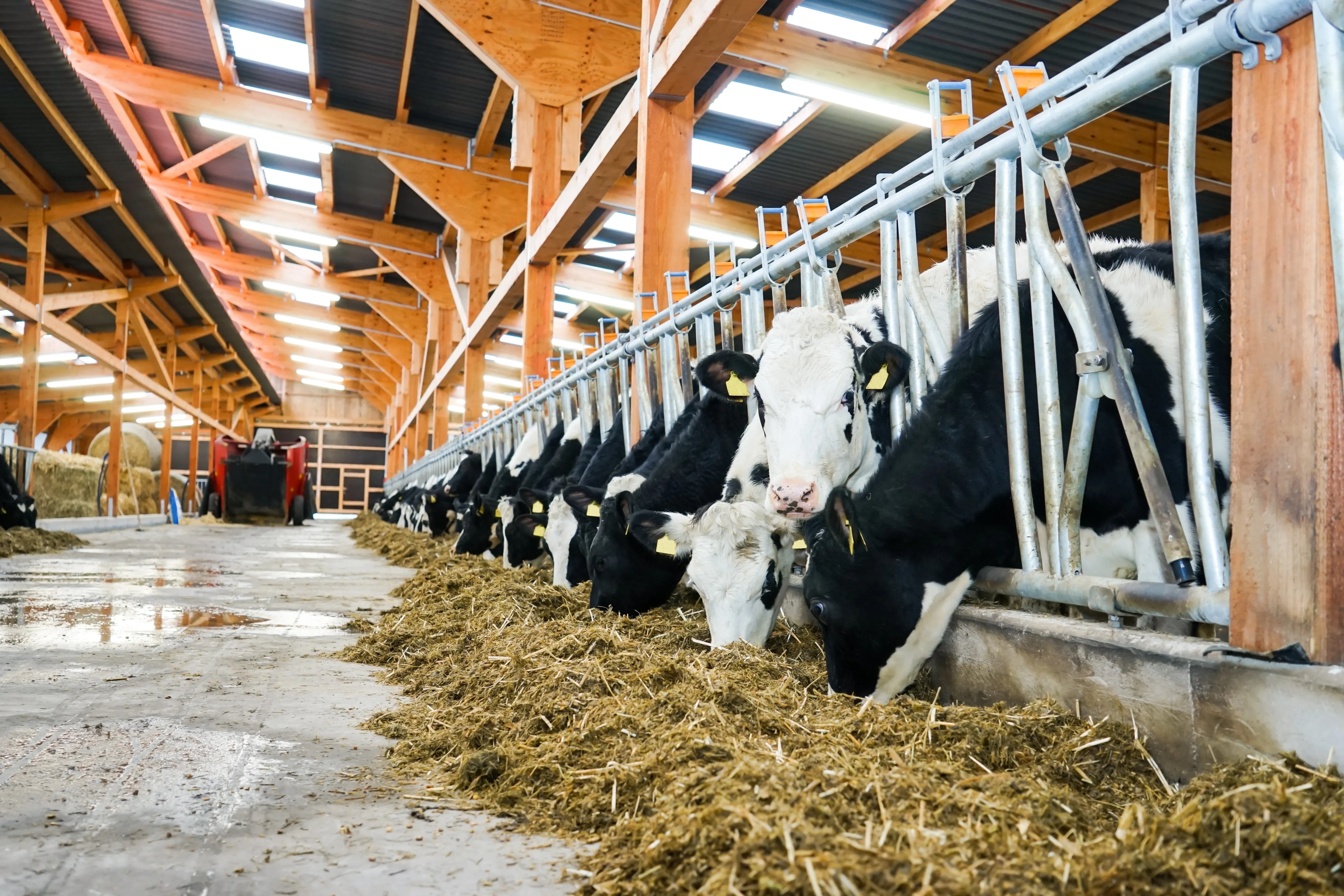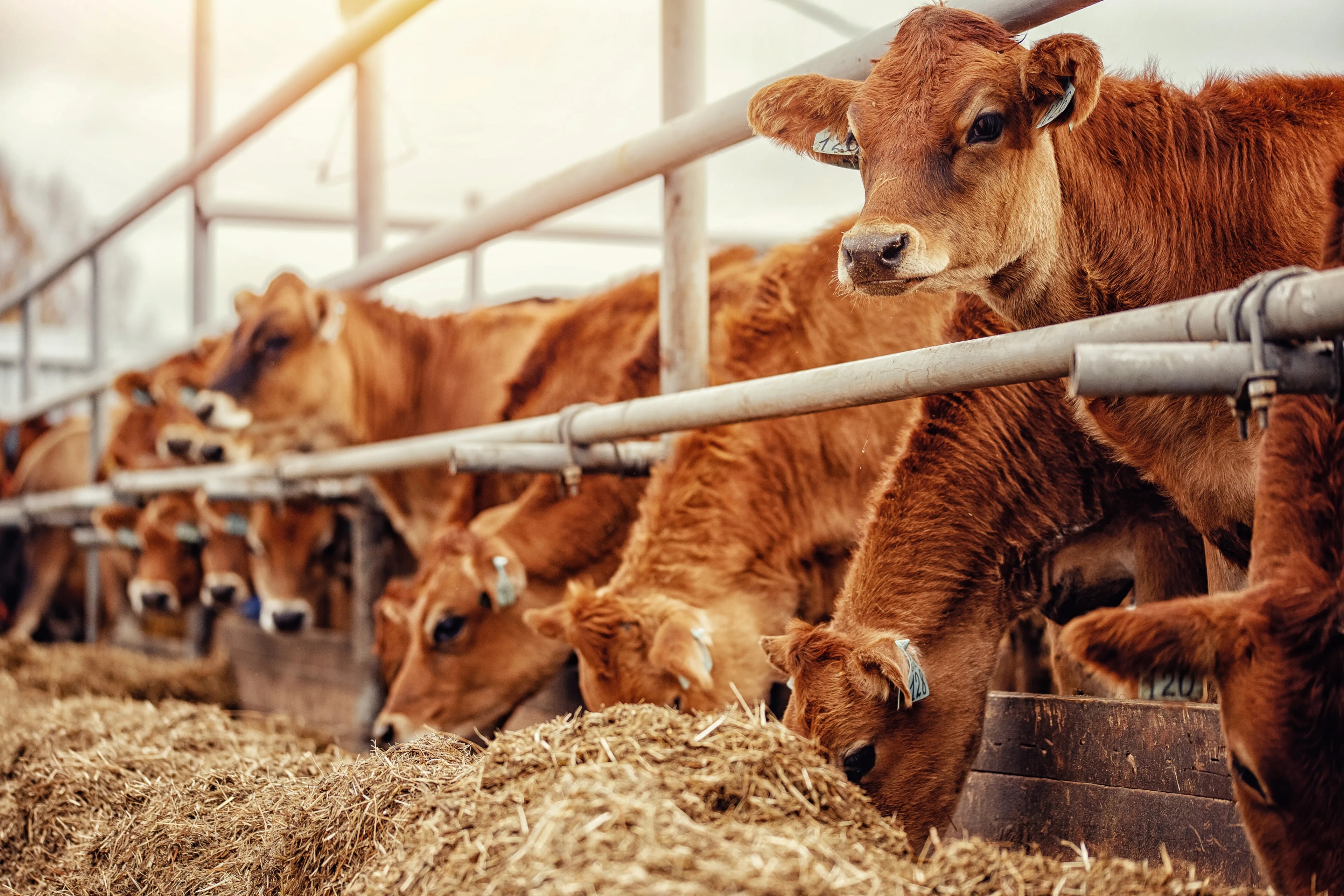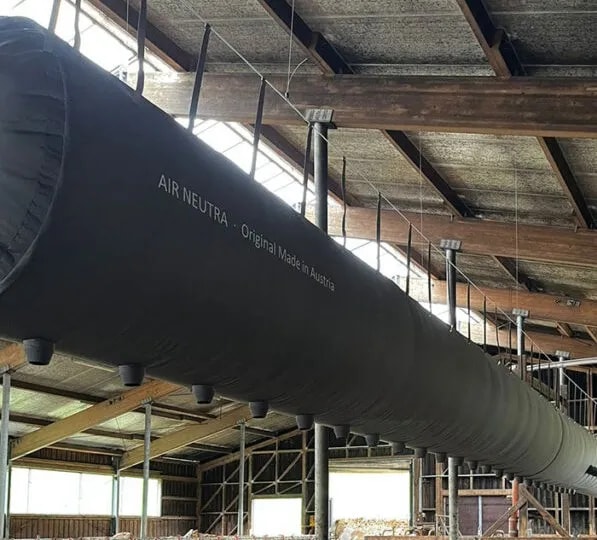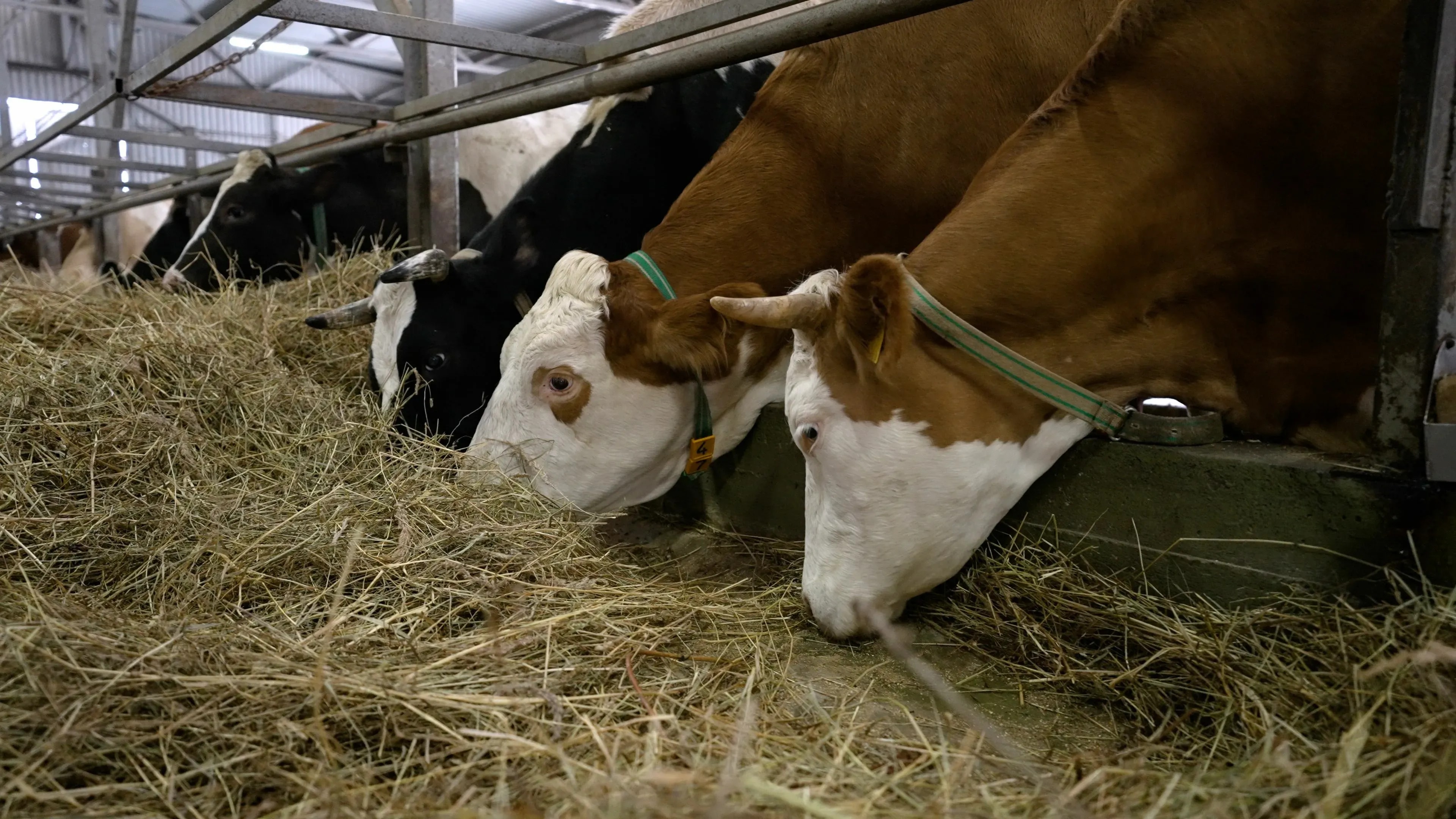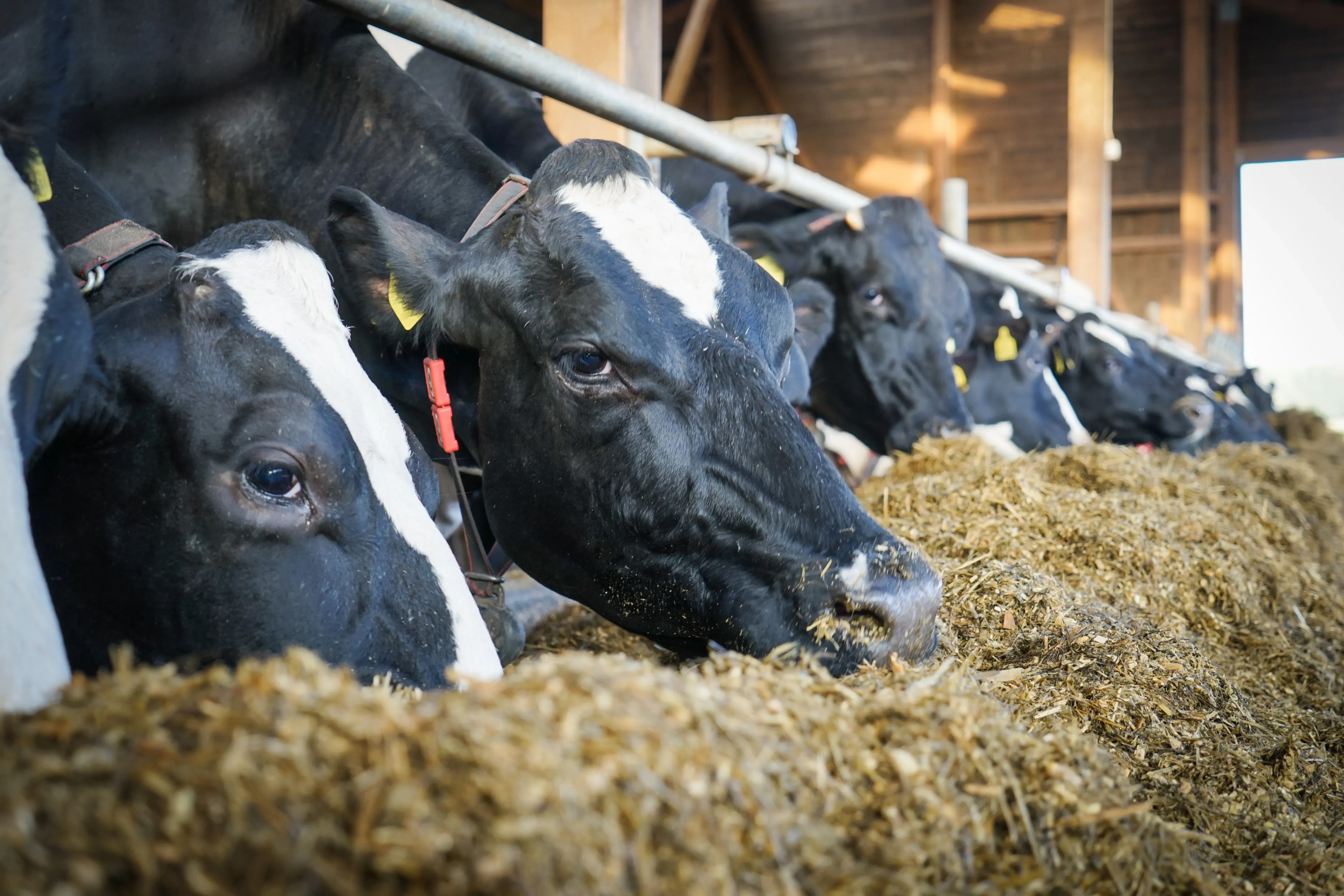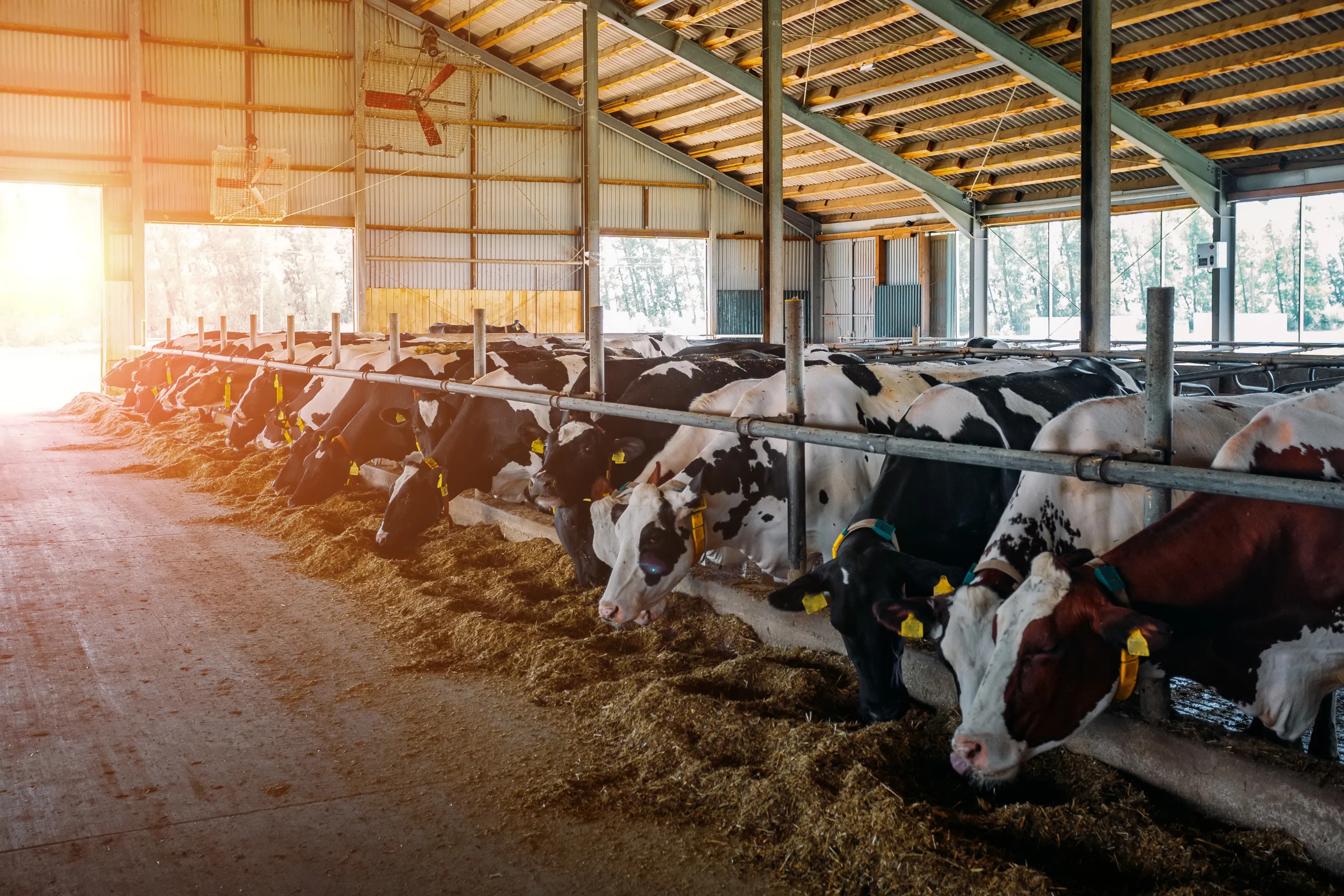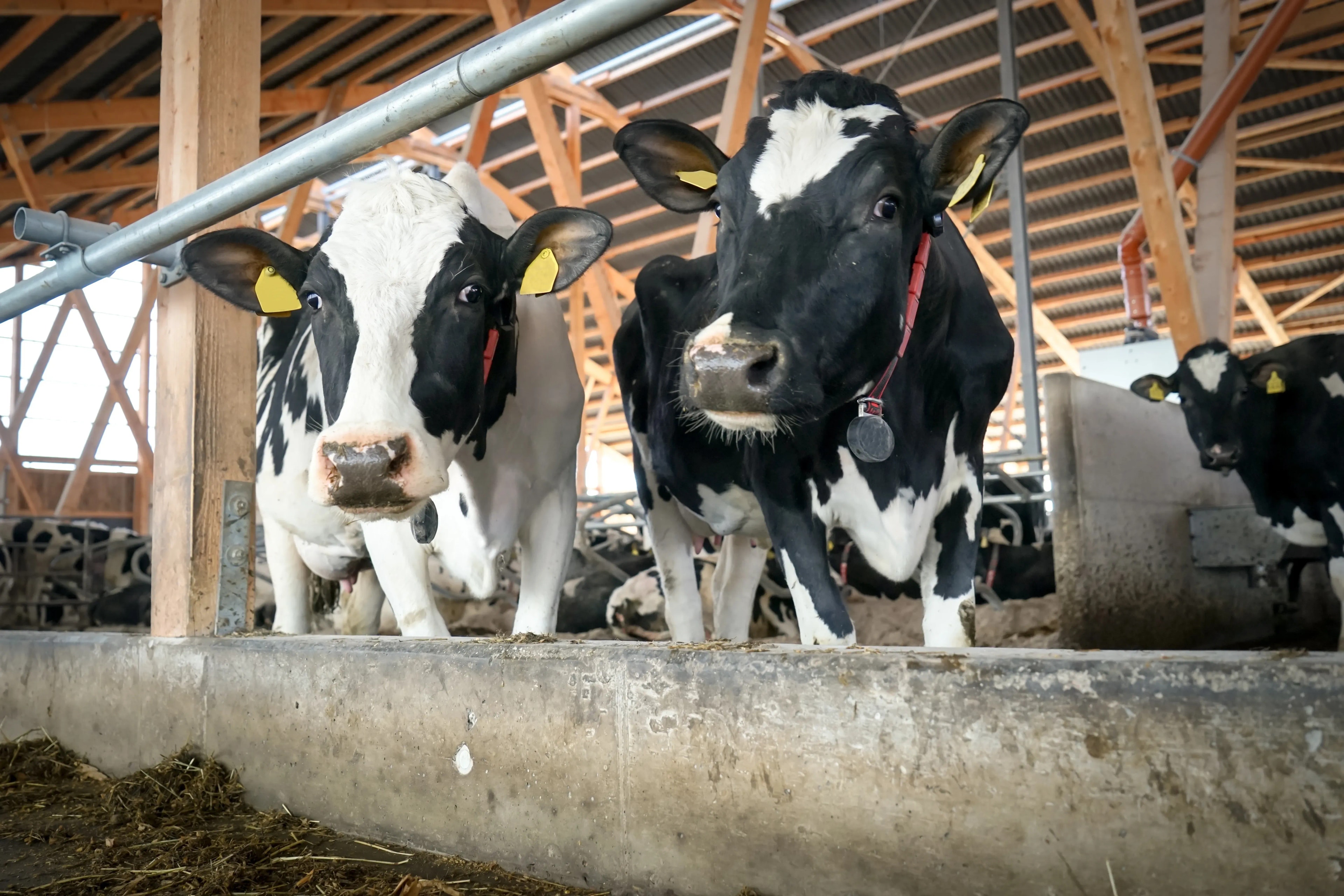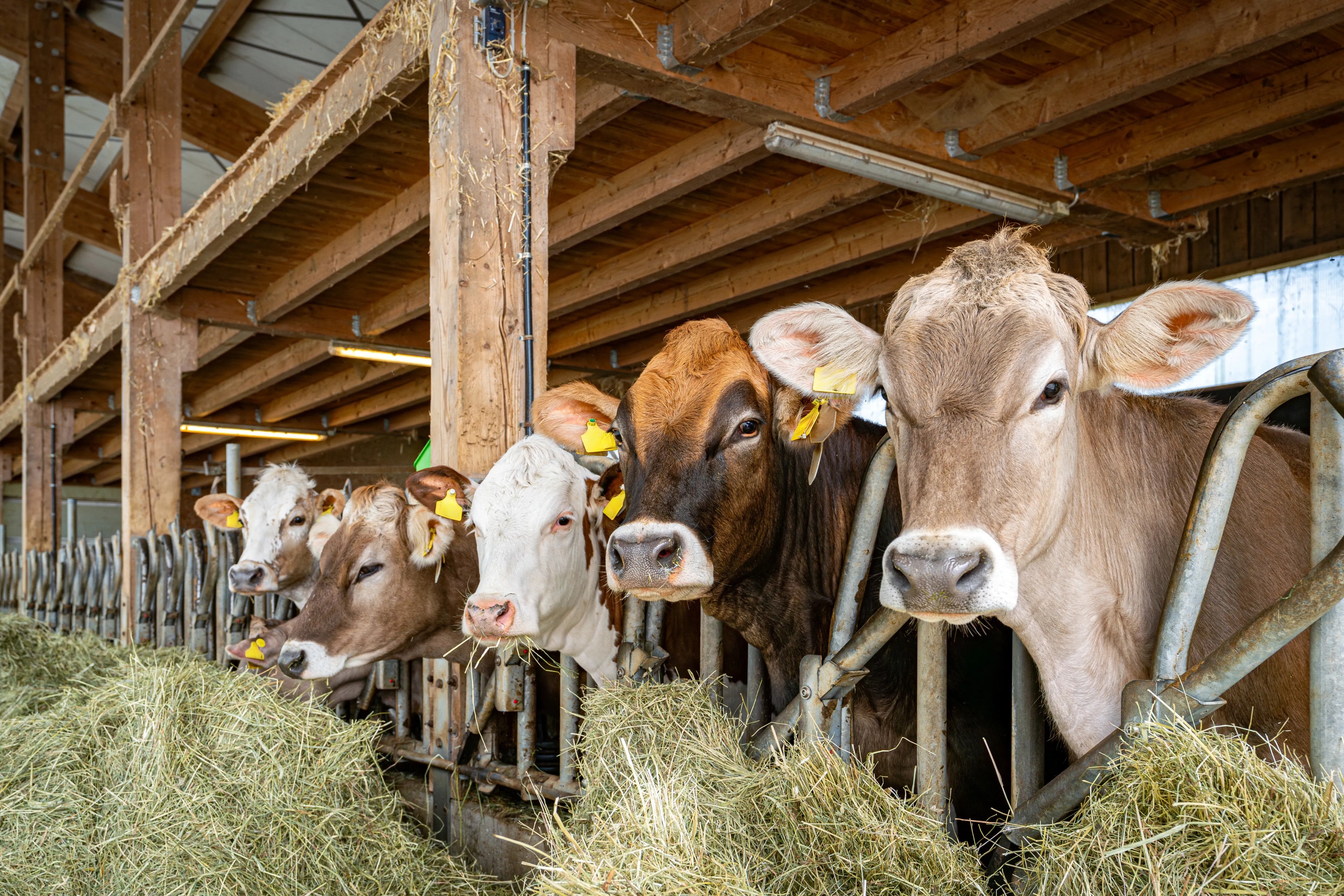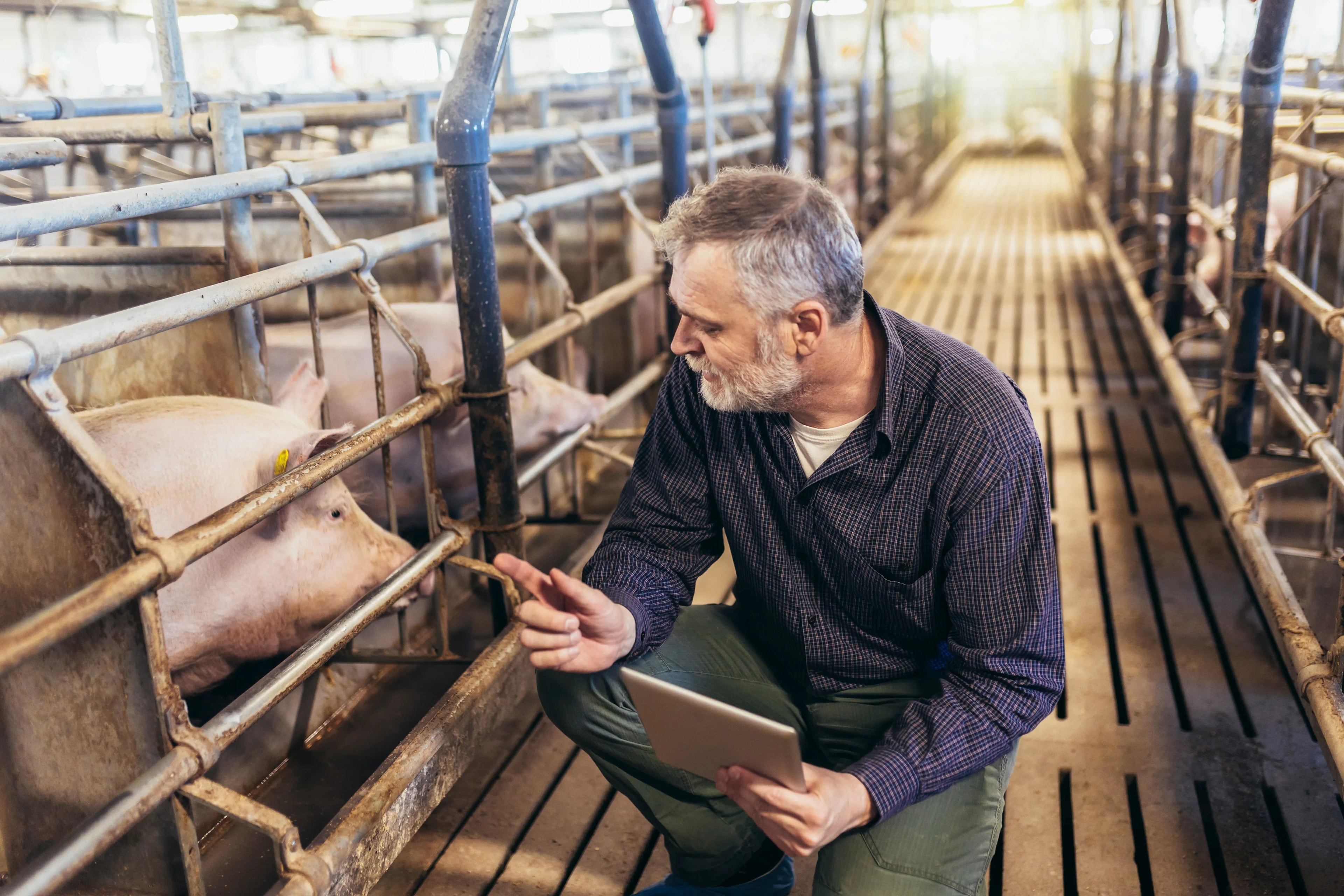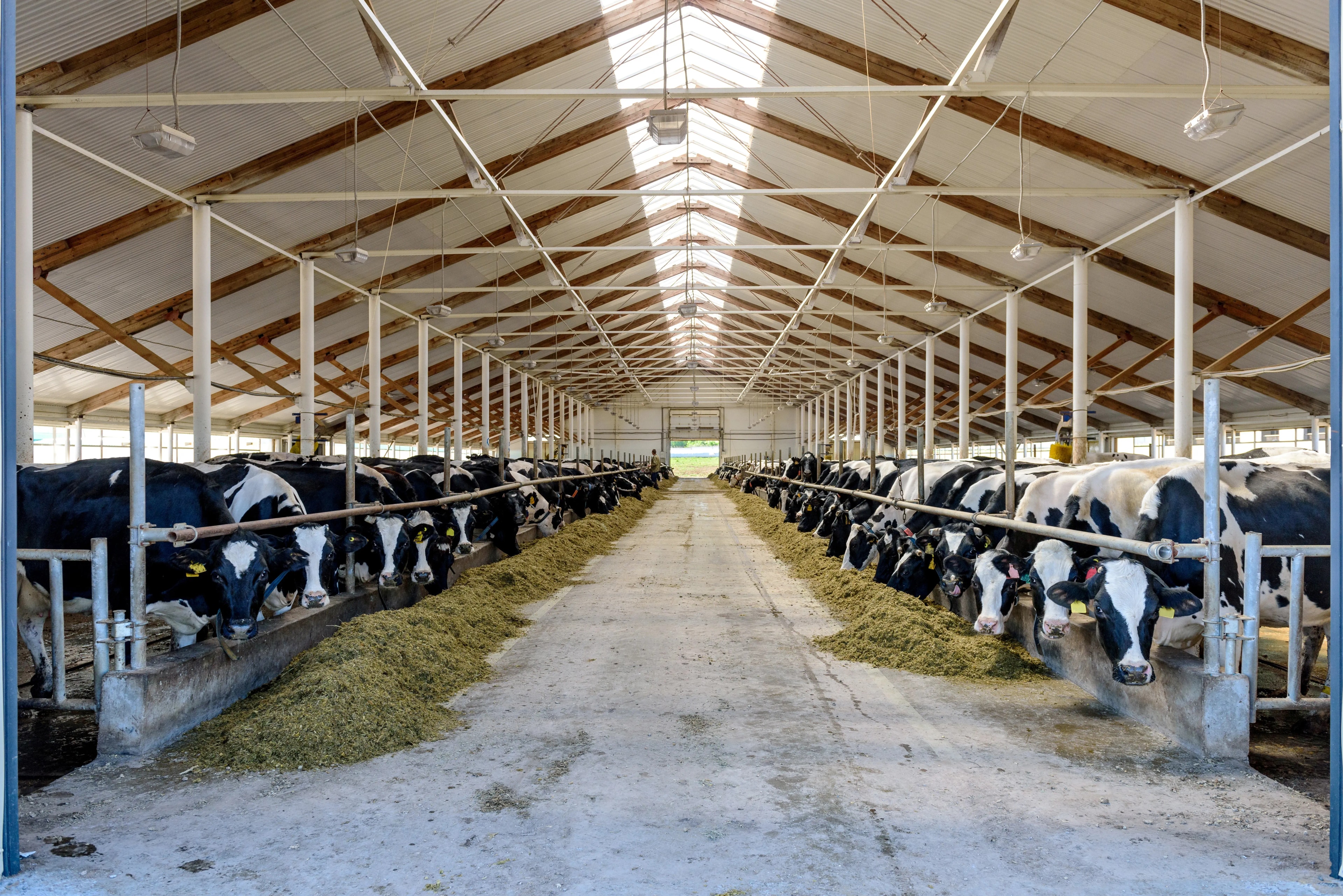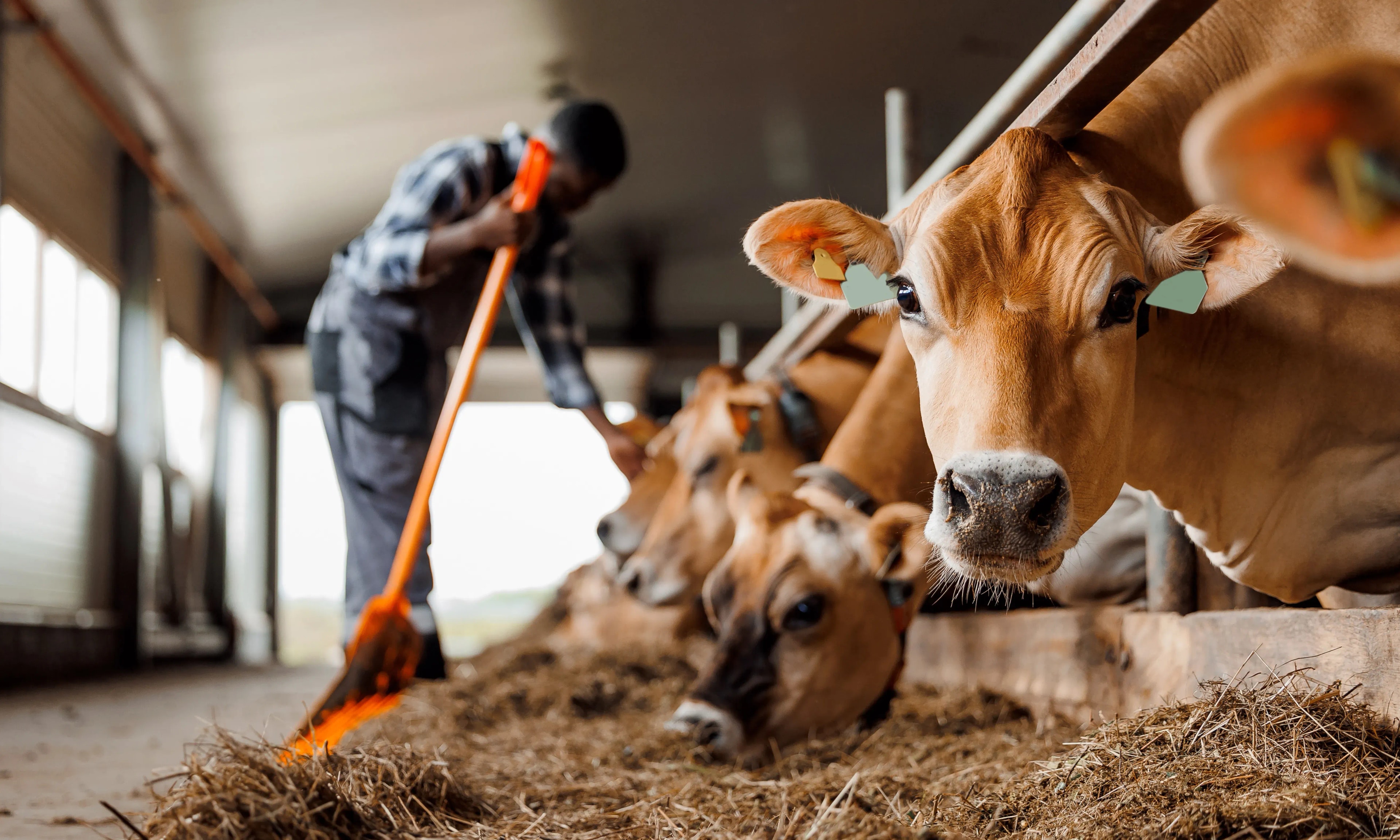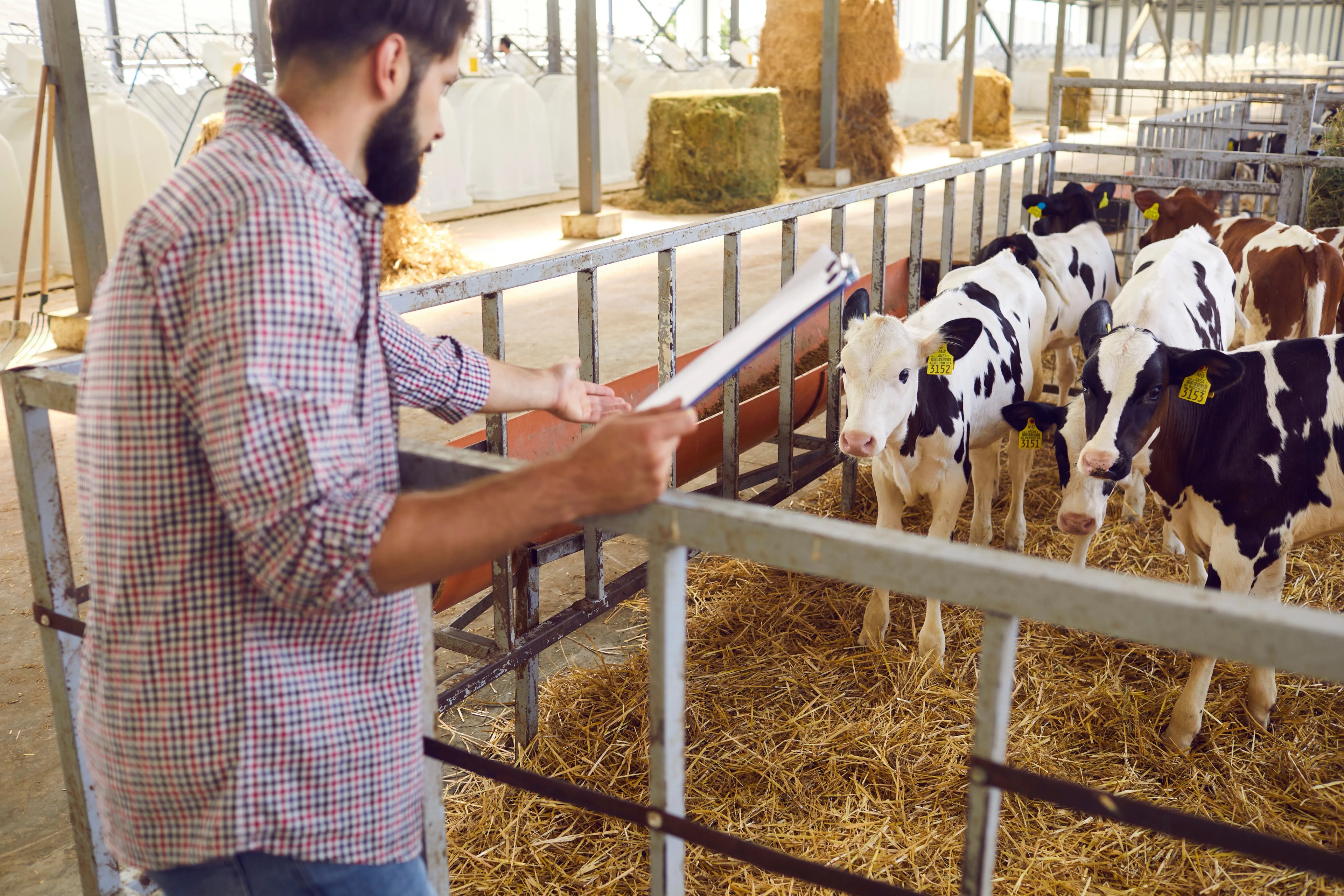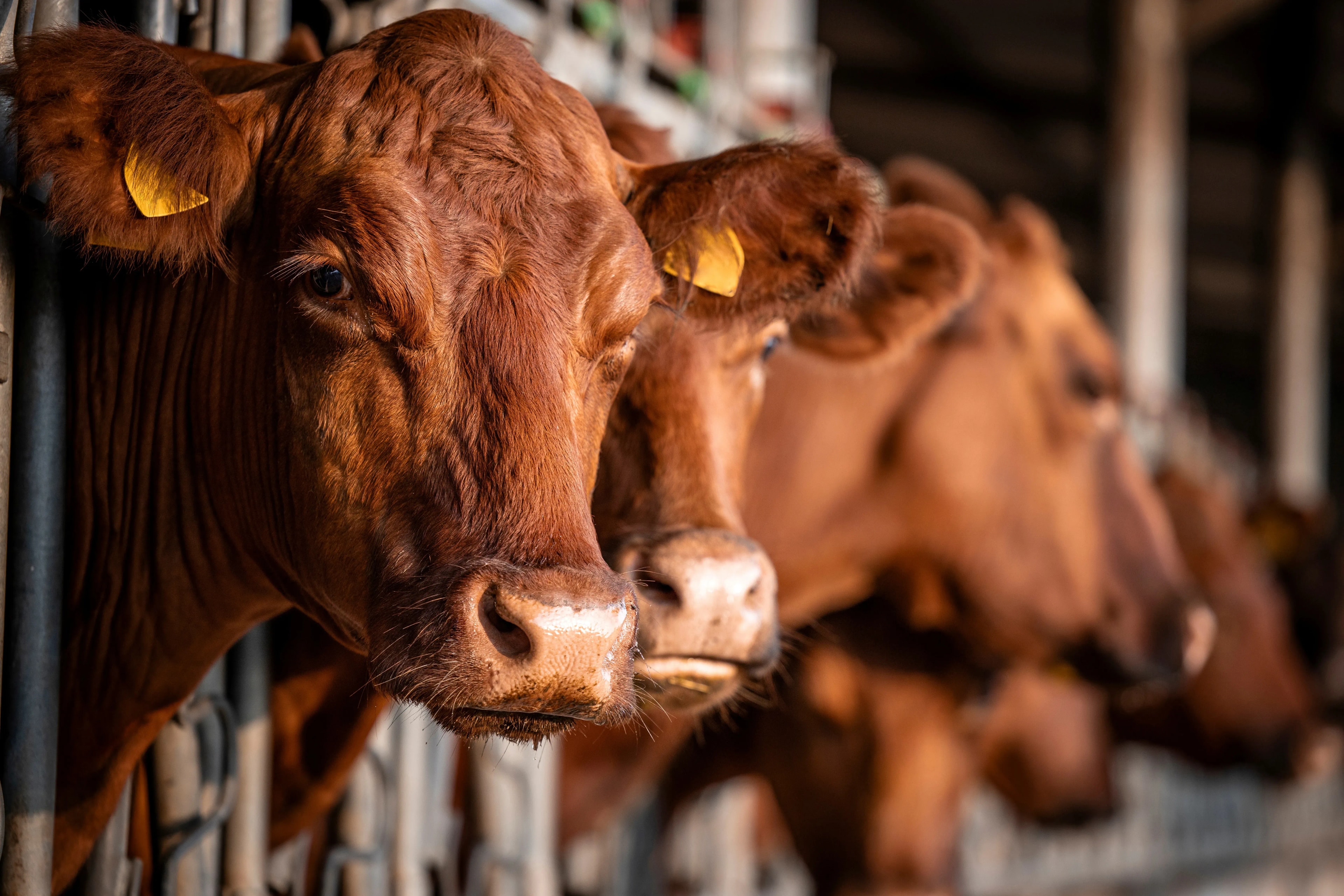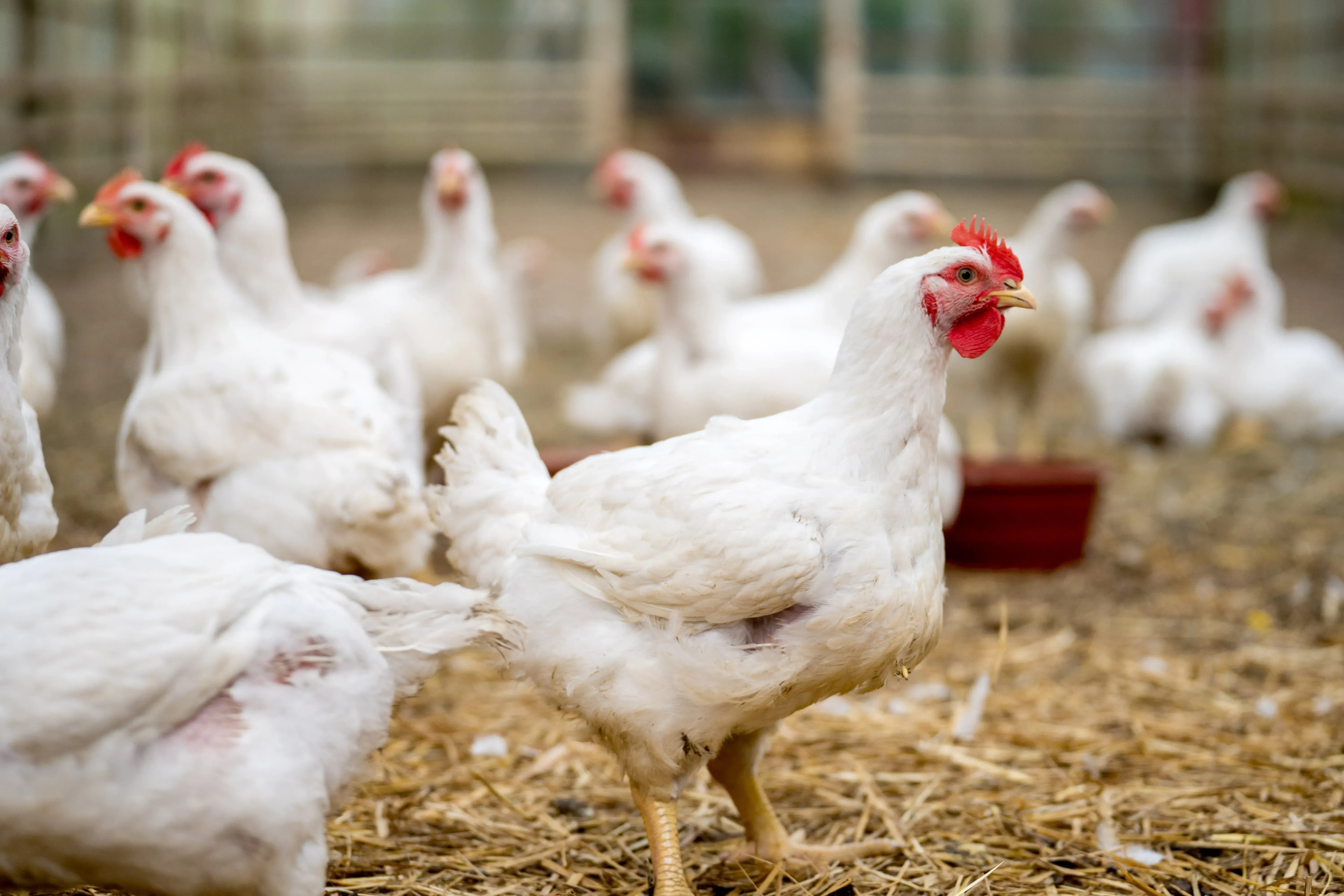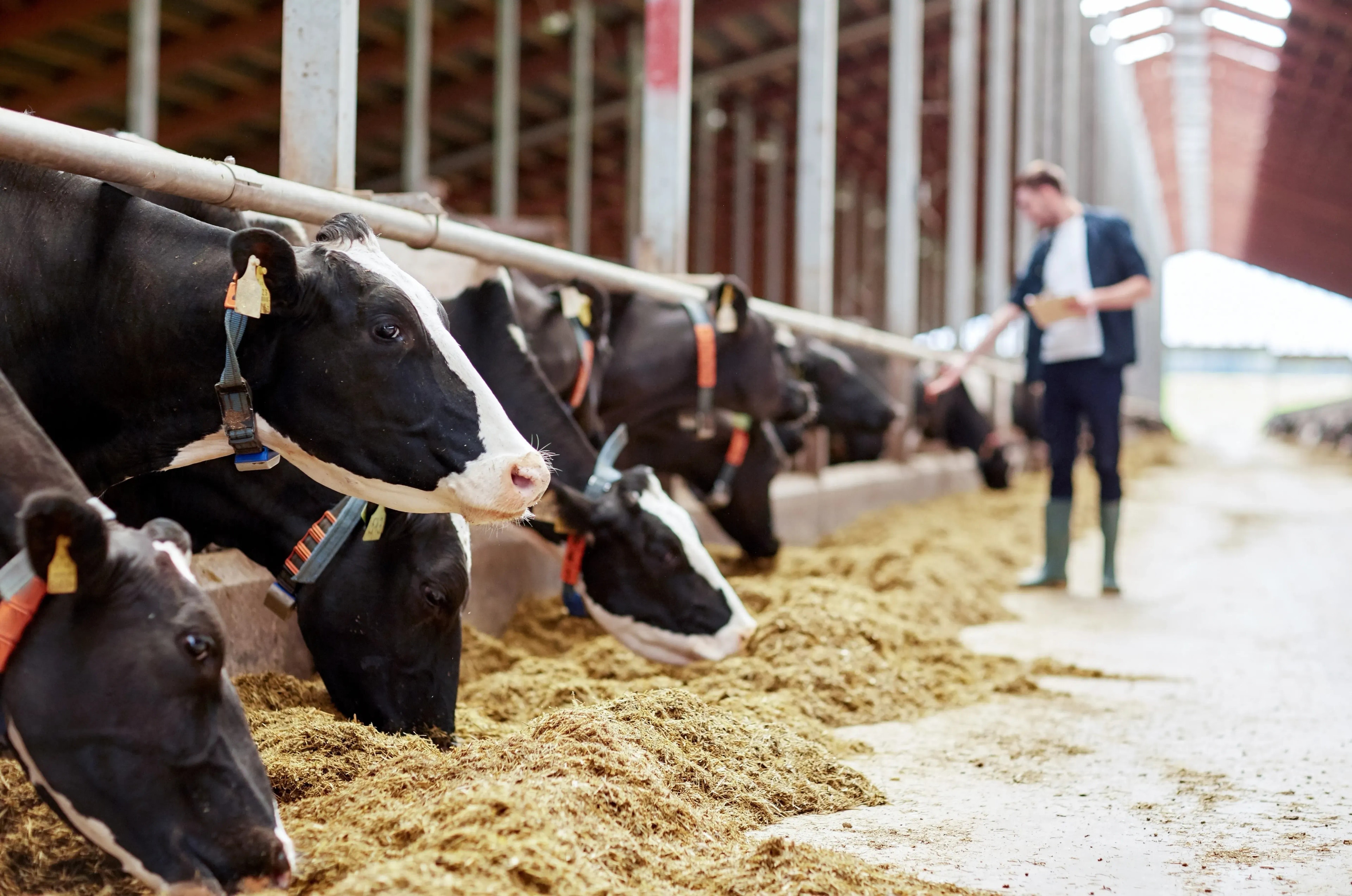

How Do You Treat Stress in Cattle?
Recognizing the Signs Before Performance Drops
Stress in cattle can be triggered by many factors: heat, overcrowding, poor ventilation, abrupt changes in feed, or noise. The symptoms are often subtle at first—restlessness, reduced feed intake, drop in milk yield, or increased susceptibility to illness. Left untreated, chronic stress affects not only animal welfare but also the farm's economic performance. Early recognition and targeted prevention are key to keeping cattle calm and productive.
Barn Climate Plays a Leading Role
One of the most effective ways to reduce stress in cattle is to control the barn environment. Fresh, draft-free airflow, stable temperatures, and good air quality are crucial. Tube ventilation systems ensure consistent and gentle air distribution directly in the animals' living zones. This helps reduce heat stress, lowers ammonia levels, and supports natural behavior—all of which lead to calmer, healthier animals with improved immune response.
Prevention Is More Effective Than Reaction
Rather than treating stress with medication after problems occur, it’s smarter and more sustainable to prevent it through thoughtful barn design and climate control. At Air Neutra, we develop ventilation systems tailored to each cattle operation, helping farmers maintain stable conditions year-round. This not only reduces stress but also supports growth, fertility, and overall herd stability.
Want to reduce stress levels in your herd and prevent costly performance losses? Contact us for individual advice on climate-friendly barn solutions.
.png&w=3840&q=75)
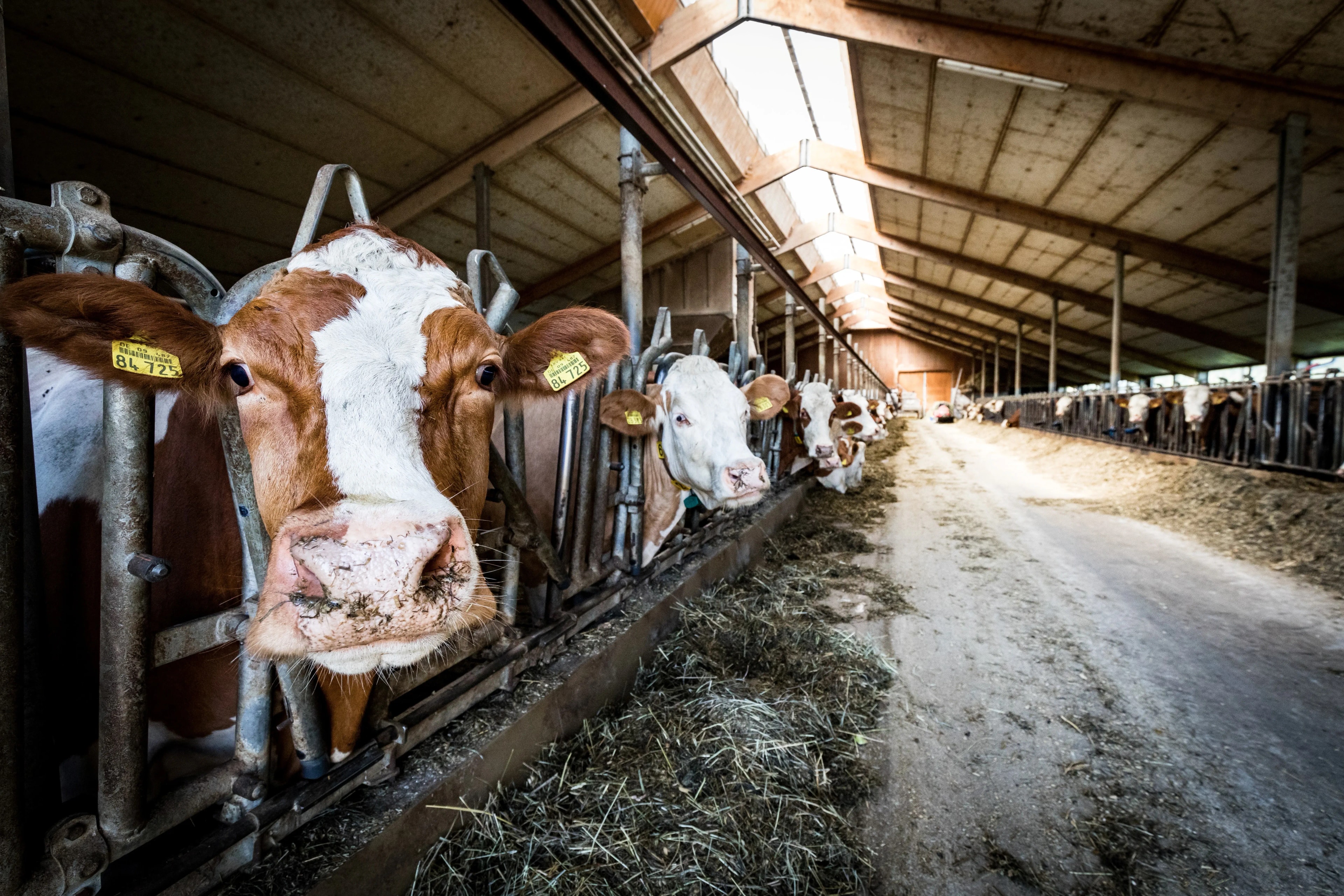
.png&w=3840&q=35)
